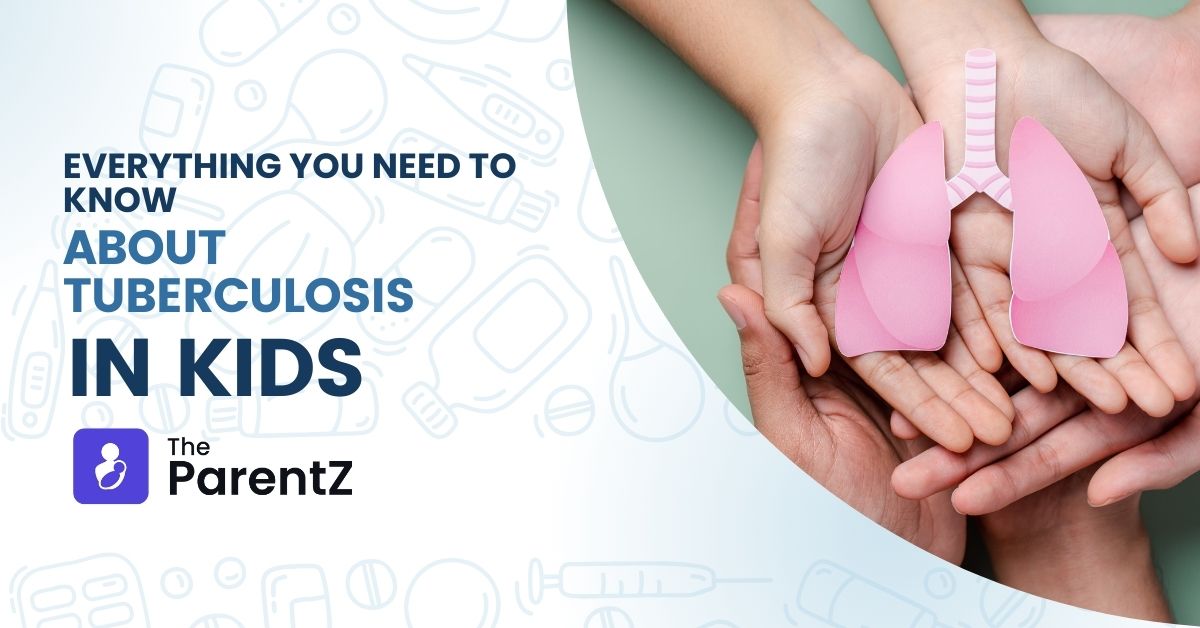Tuberculosis is a chronic bacterial infection that primarily affects the lungs and other parts of the body, such as the kidneys or brain. Though it affects mostly adults, it can also affect children. According to the World Health Organization, nearly 1.2 million children worldwide developed TB in 2020, making it one of the top ten causes of death among children globally.
Tuberculosis is mainly spread via droplets containing bacteria named Mycobacterium tuberculosis that are released when an infected person coughs or sneezes. Kids are at an increased risk of contracting TB when they come into close contact with an infected person.
Read below this article to find out the symptoms, treatments, and preventive measures.
Symptoms of Tuberculosis in Kids
While most of the symptoms related to tuberculosis are also associated with other common illnesses, given below is a list of common symptoms that might indicate TB.
- Persistent cough (lasting more than two weeks)
- Night sweats
- Fever
- Loss of appetite
- Weakness
- Difficulty breathing
- Chest pain
- Swollen lymph nodes
Diagnosis
It is important for parents to seek immediate medical attention if they notice any of the above symptoms, especially if your child has come into close contact with an infected person. Tuberculin skin tests, blood tests, chest X-rays, and medical history can be used to diagnose TB in kids. Besides, it is important to know that children with weak immunity, HIV, or diabetes are at an increased risk of contracting active TB.
Treatment
While latent TB requires a 6 to 12-month medication course, kids suffering from active TB need to take a combination of medicines for nearly six months or more. Within a few weeks of medication, the condition becomes non-contagious and usually starts to get better.
Preventive Measures
There are several ways to prevent tuberculosis from spreading among children.
- Vaccination: Administering the BCG vaccine (Bacillus Calmette Guerin) greatly benefits preventing the spread of infection, especially if you live in areas with high TB prevalence. Please note that this vaccination is only protective for non pulmonary type of TB.
- Regular Screening: It is important to undergo regular screening tests, particularly for children who are at increased exposure to TB, to prevent the spread of disease at an early stage.
- Controlling Infection: Maintaining good hygiene and proper ventilation at home can greatly help reduce the spread of TB in both kids and adults.





Be the first one to comment on this story.